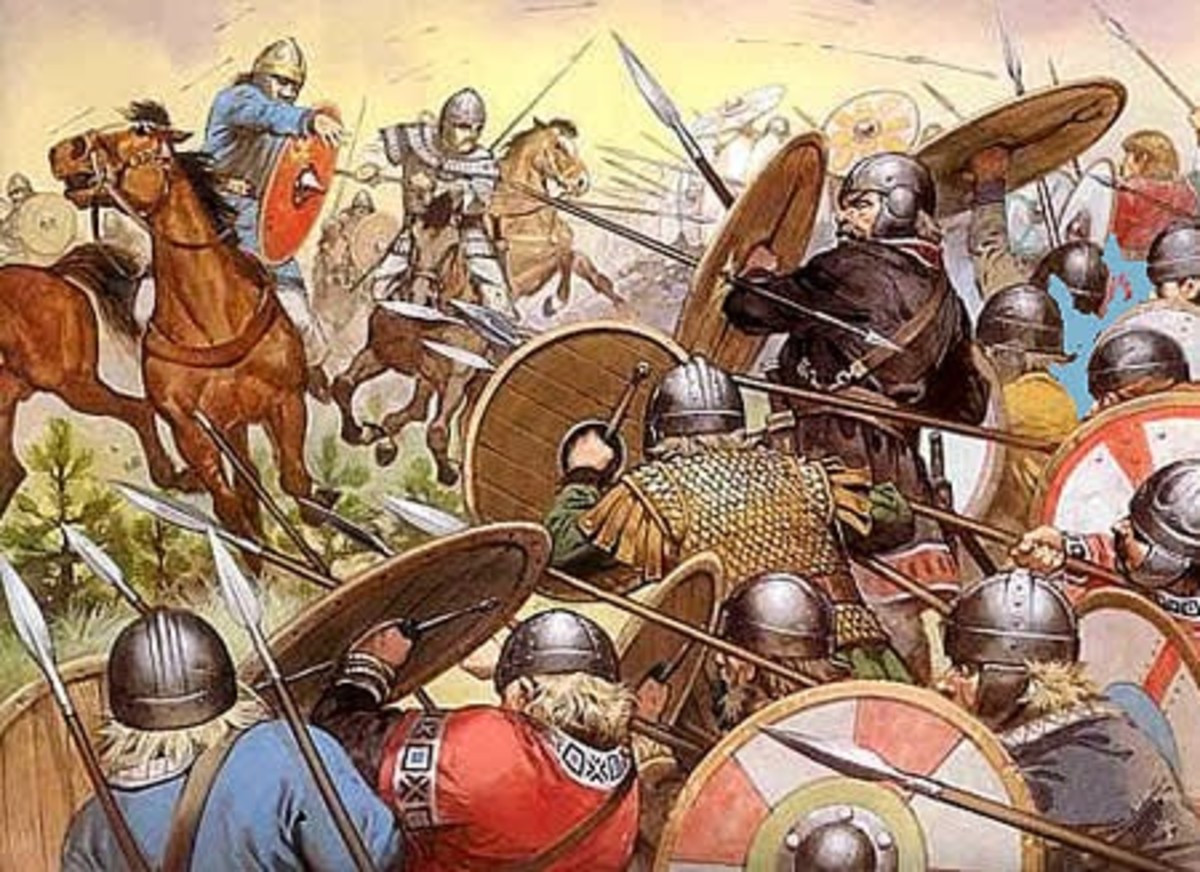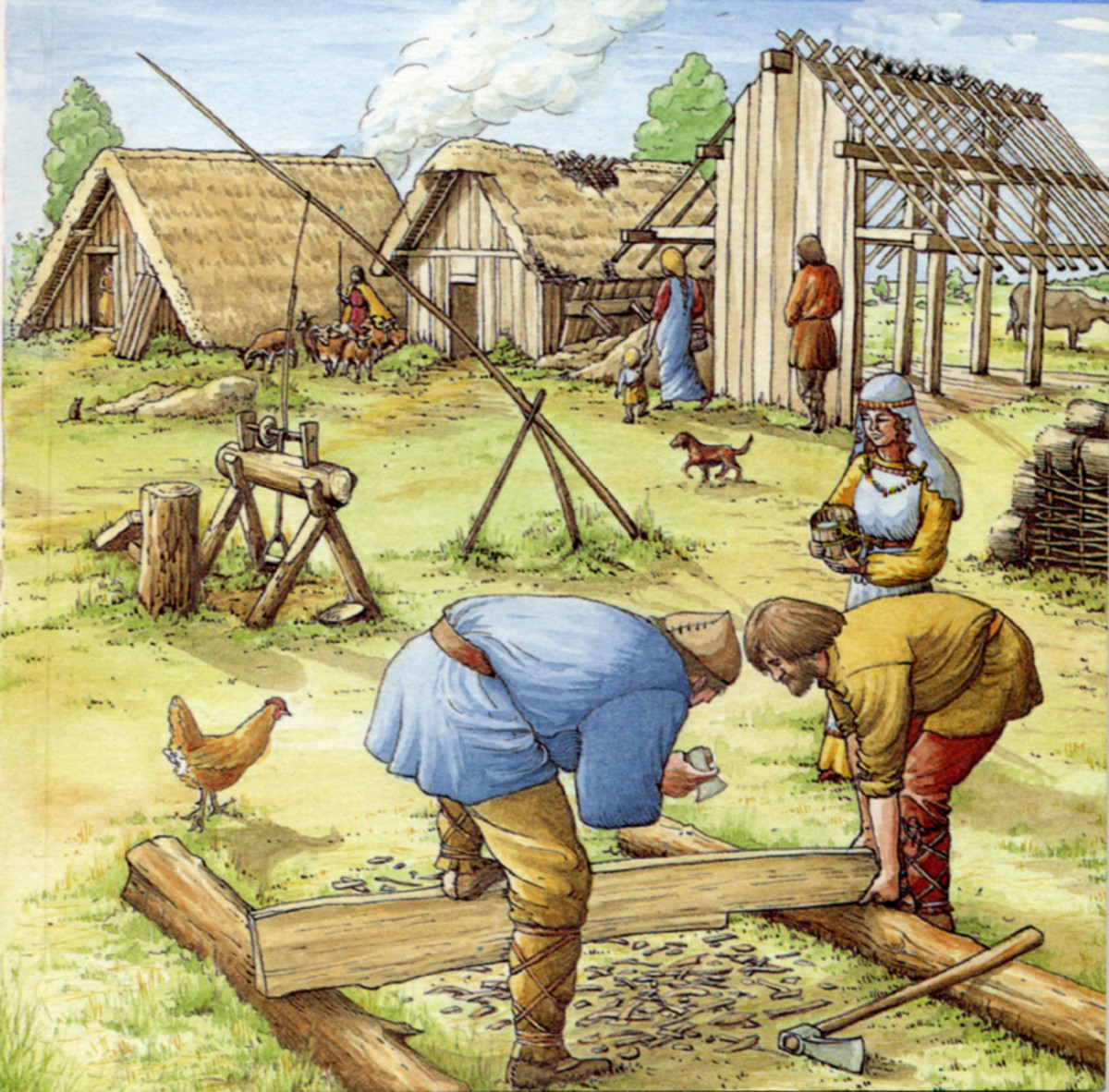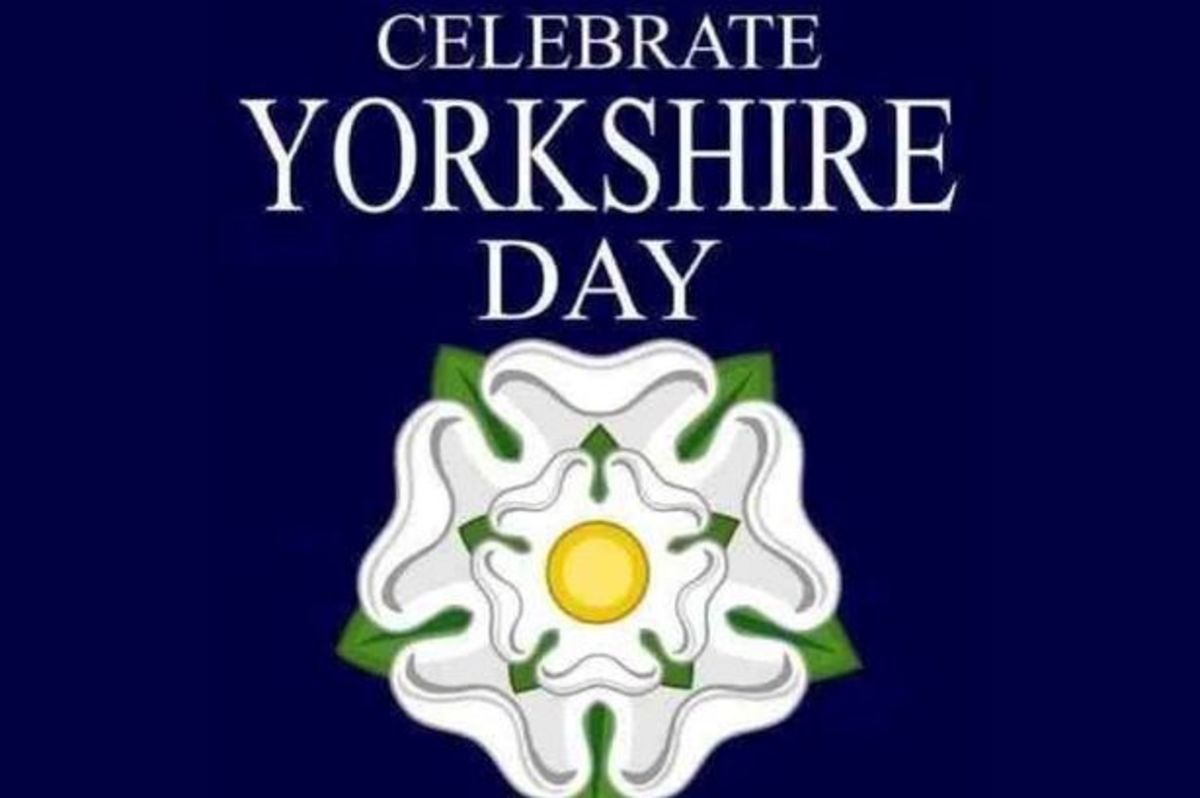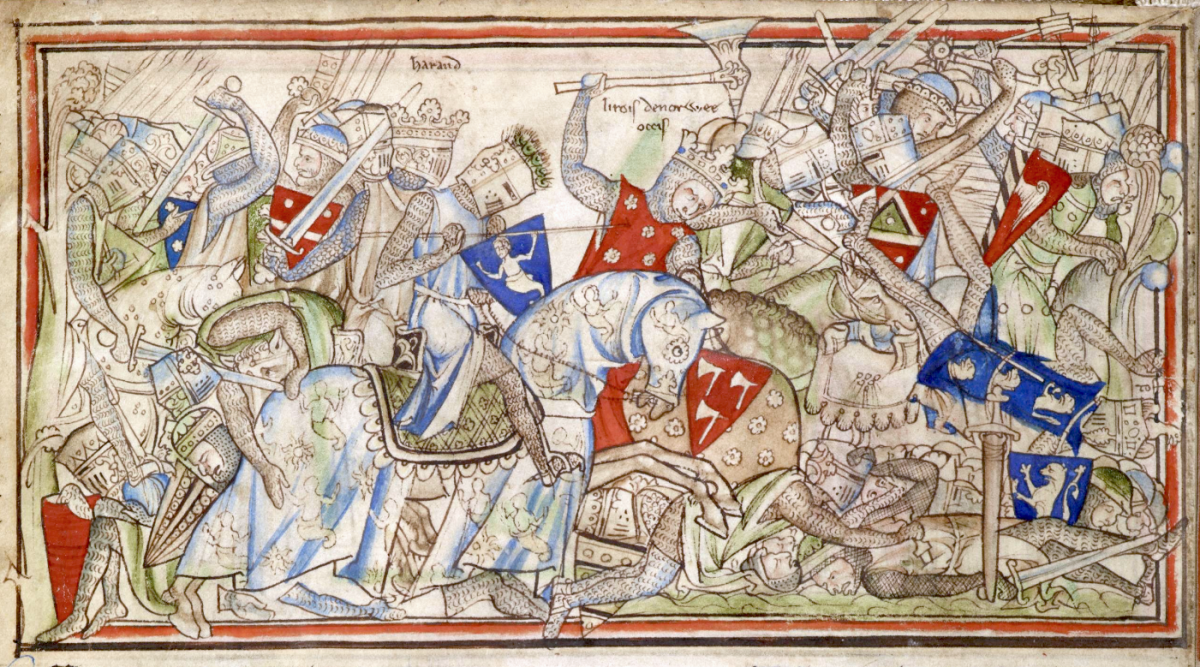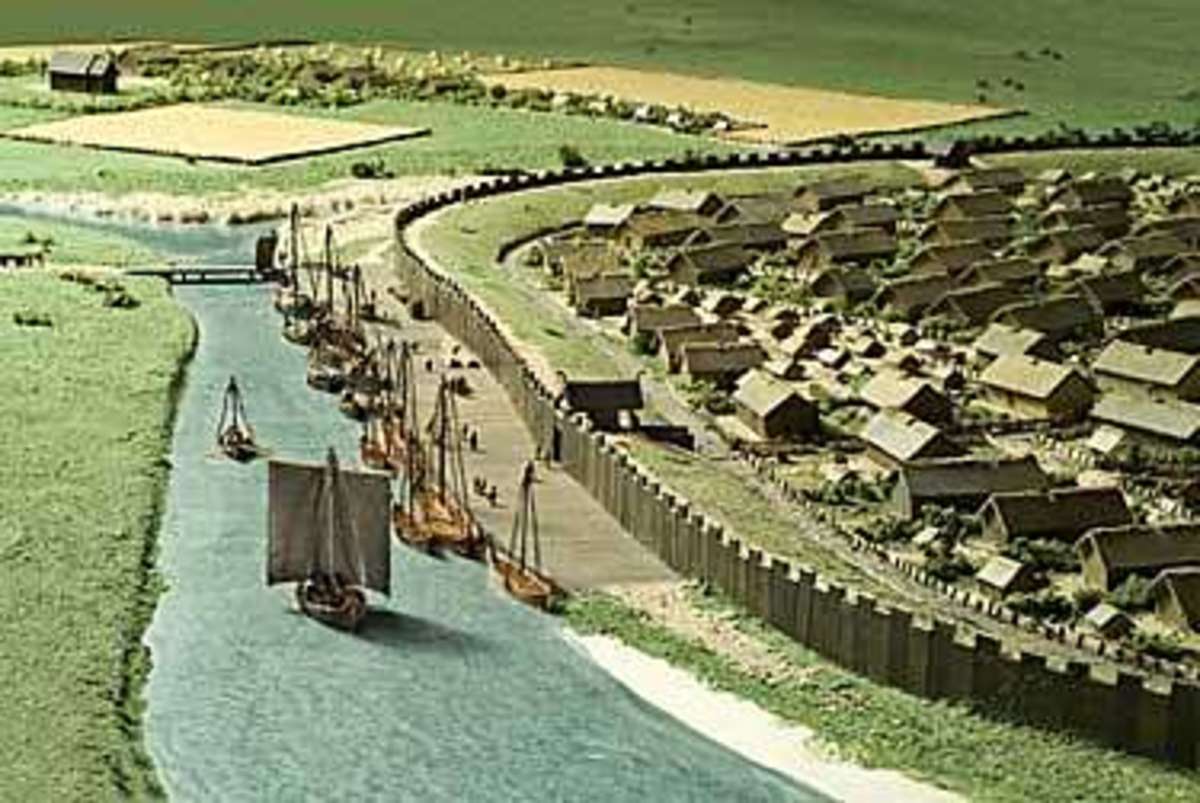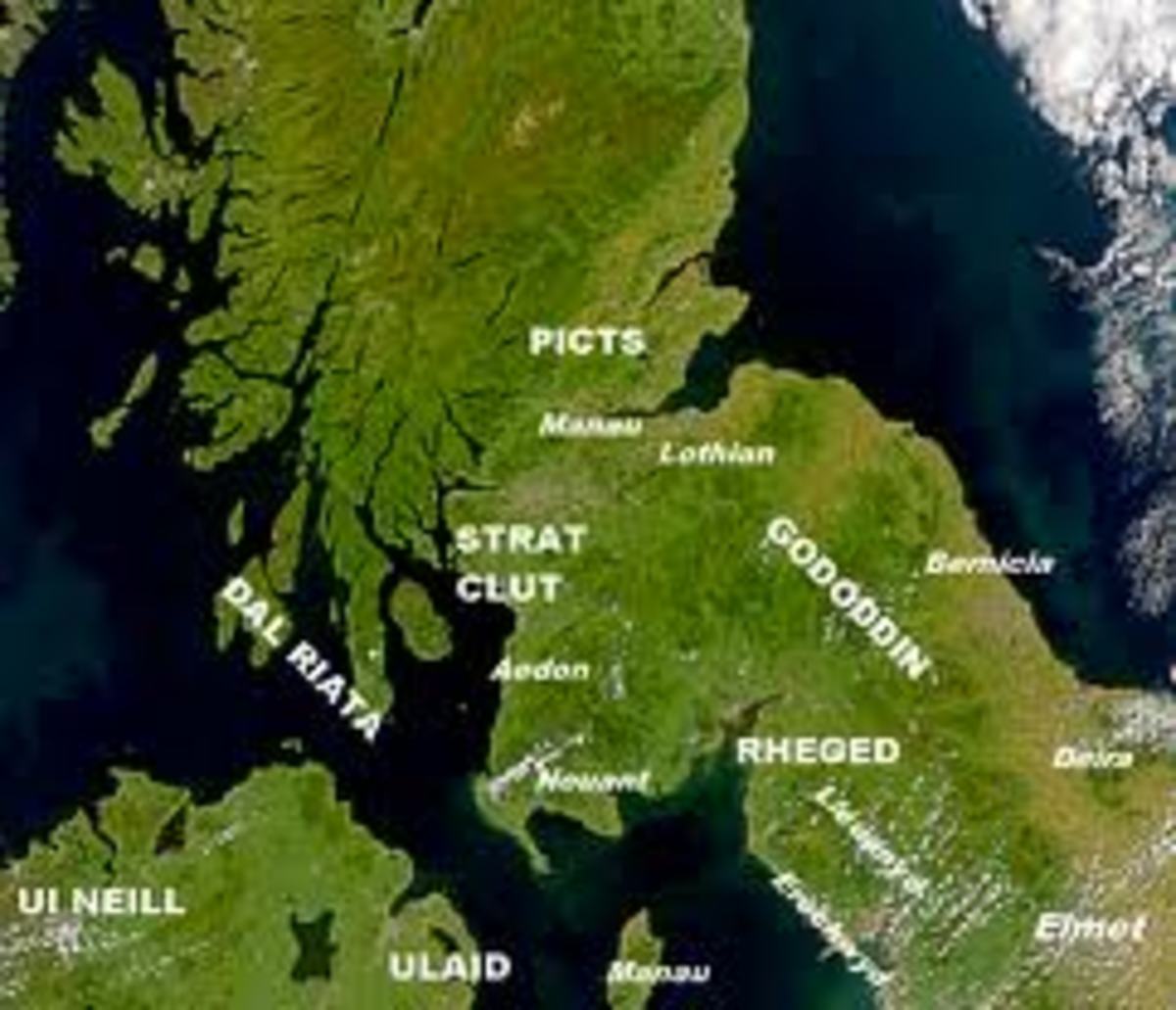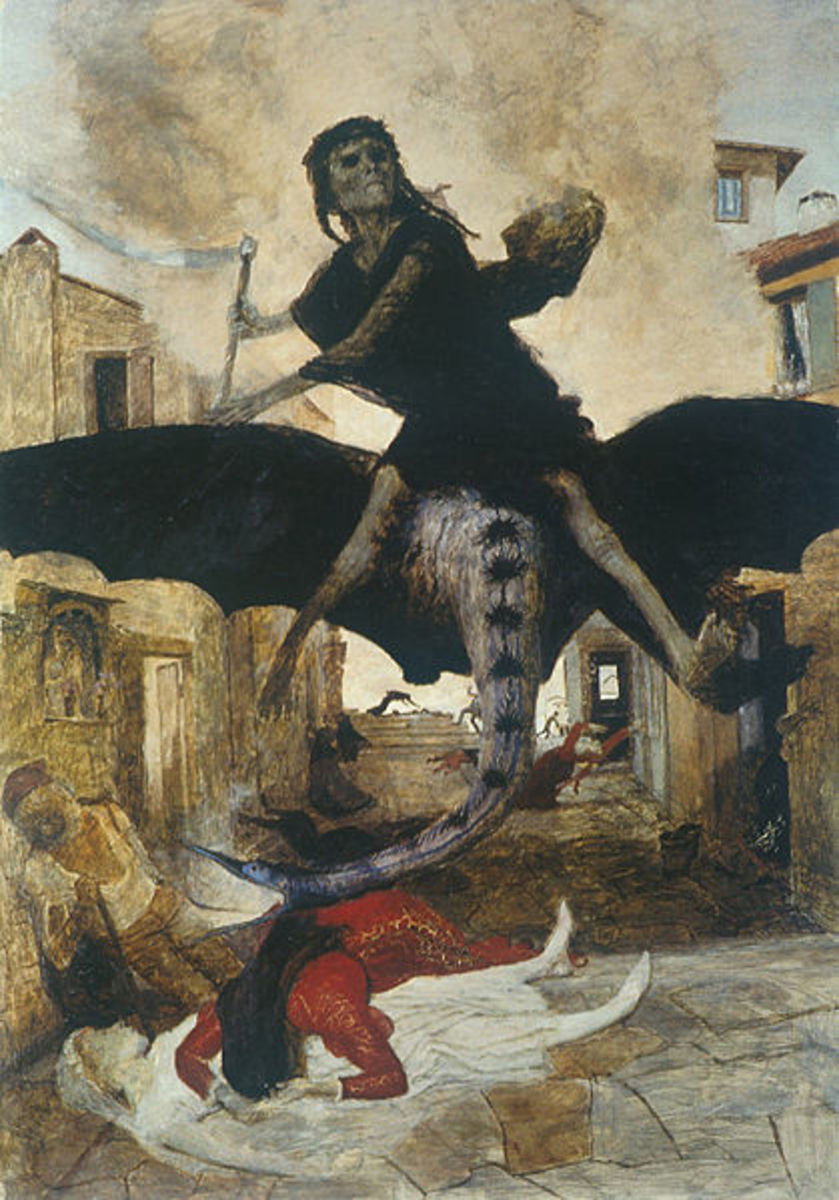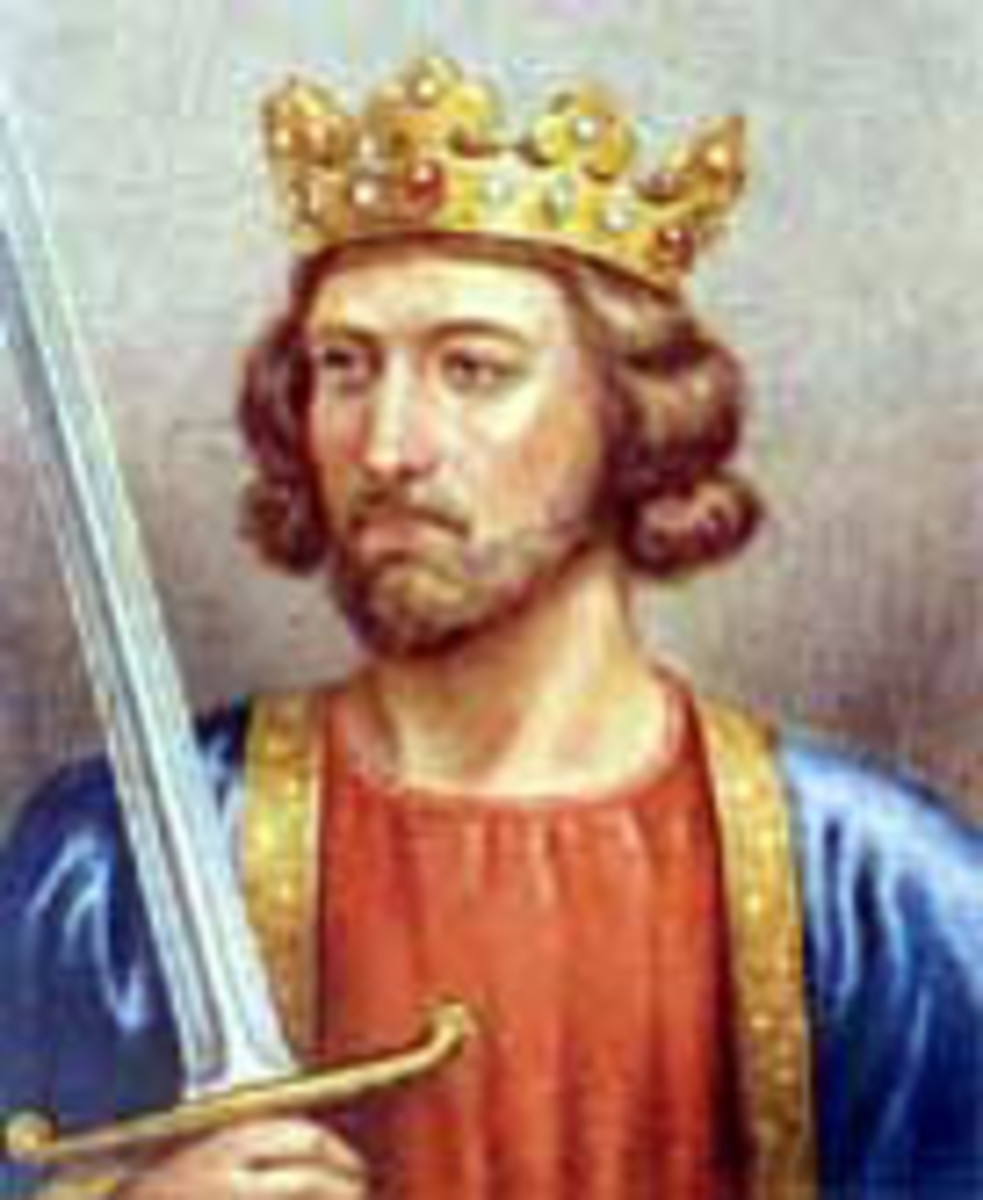- HubPages»
- Education and Science»
- History & Archaeology»
- History of Europe
Heritage - 31: Why Do We Call England England? More Thoughts on the Concept of a Nation
A green and pleasant land - well, most of the time, the seasons have their charms
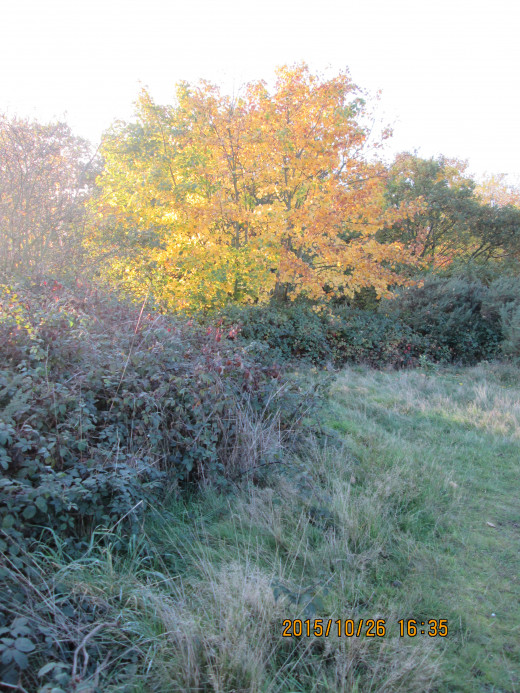

You've heard the phrase, 'England's green and pleasant land'. When some of our ancestors came across the North Sea to the largely low-lying East Coast it was certainly lush green. Much was dry land, a lot of it uninhabitable flood plain - a lot still is, some only reclaimed as farm land in the last couple of hundred years. The coastal strip at the mouth of the Humber and the Great Ouse (East Anglia) was boggy heathland, almost like where they'd come from. Inland along the Hymbra (Humber) northward the land was subject to flooding, including upriver even beyond Eoferwic* (York) where some of the Aengle settled; as you may have seen on the news recently it still is flood-prone. Across the river on the other bank other Aengle established a small kingdom known as Middil Aengla before it metamorphosed into a greater kingdom that became Mierca/Myrca (Mercia) and spread south toward the East Aengle, south-west toward West Seaxe and west toward Cymru (Wales).
Stay they did. The several kingdoms waxed and waned with time. The Angles gave their name to the language we speak, although most modern English folk would think they spoke a foreign language like Dutch or Danish.
I've raised this elsewhere, so I'll skip much of the stuff about 'building bricks'. The Danes followed their Jutish and Aengle neighbours in the 9th Century and eventually made their mark on the basic vocabulary of Northumbria, eastern Mercia and East Aengla (as far as the Lea Valley between Middlesex and Essex), before another band of Norsemen and Danes came in, This lot spoke Norman Frankish (something like Old French) because they'd come 'under the influence' and English as such became the communication of choice for the 'common herd' - thee and me. Nevertheless it was still there, in the eastern shires, just under the surface. The good folk of Essex, Middlesex, Sussex and Wessex spoke something different, as did those of Kent, although they had more in common with the Angles further north in East Aengla by virtue of their more straightforward, simpler grammar. Colloquial English was used by the latter chroniclers to mark the passing of time at Peterborough until the time of King Stephen's death in AD 1154. That colloquial English bore more resemblance to that spoken in Mercia and Northumbria or Kent than what was spoken in the south and south-west, Lower Saxon dialects they could have used in the lower Rhineland and Hamburg. Even.in the later 19th Century before the Education Act and decline of dialect an Essex man could not understand those from Kent, Suffolk or Hertfordshire around them.
If anyone such as right-wing political activists says 'England for the English' does he include his Saxon neighbours? Our understanding of nationality or citizenship has changed over the millennia. True there was a kingdom called Aengla Land ('England') from the 10th Century and it was considered one of the most successful in trade and political advancement, but the people were for a long time not as one, regional differences still show in speech and use of idiom. Even within the largest of the shires, Yorkshire, there are three dialect variants for many words.
---------------------------------------------
*As with the Roman name for their new army garrison, 'Eboracum', 'Eoferwic/Eoforwic' was named for the numbers of wild boar, 'Eofer' that could be found in the dense woodlands to the north of the city. The area is known now as The Forest of Galtres that has since shrunk, extensively developed.for agriculture, light industrial/commercial and housing. Wild boar were hunted to extinction by the 18th Century. Another Anglian place name that harks back to the presence of wild boar ('eofer') is 'Everton', which in those days would be written 'Eofertun'. There are towns and villages around northern and eastern England called Everton, from the famous one near Liverpool with a Premiership football team nicknamed 'the Toffees' (formerly a works team, like West Ham and many others), to the odd little-known ones as far south as Cambridgeshire and Hertfordshire.
Names on tombstones - is that all we are?
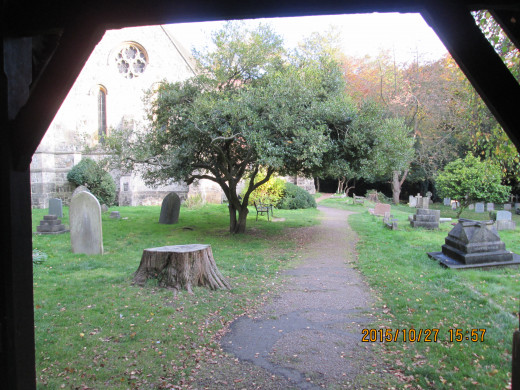
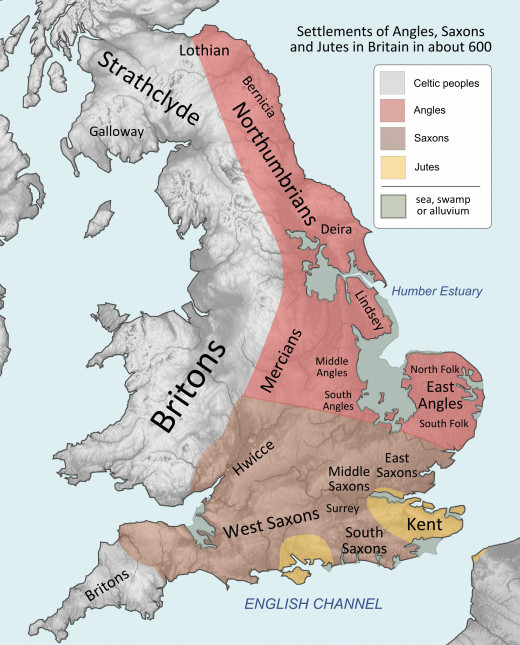
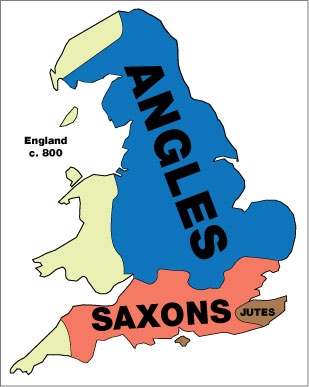
When Harold fell in the south he had sent men out everywhere to summon fighting men to match the Normans in Sussex. The response wasn't great. Why? He stood for Wessex (although his mother was Danish). The king had spoken through him, the Regent, for many years after Harold's father died. There had been rivalry between Godwin's clan and those of Earl Siward (Northumbria) and Earl Leofric (Mercia). These had been Anglian kingdoms before the rise of Wessex through Aethelstan.
On the 'TIME TEAM' TV programmes Tony Robinson (an Essex man) insists on calling us all 'Saxons', as does Bernard Cornwell (also an Essex man) in his LAST KINGDOM series. .We might be a united England on the face of it, but we have a diversity of origin it wouldn't harm to acknowledge. The language (often referred to as 'Old English') the Saxons spoke was consigned to the dustbin of history because they did not maintain it in the Chronicles beyond 1066. It was the language spoken at court and in the Church, generally in the south with a complex grammar like German, that bore little or no relation to what anyone else spoke around the rest of England.
.
Do you consider yourself of English descent?
*This can apply to Commonwealth or American citizens
"Cry God for Harry, England and Saint George!"
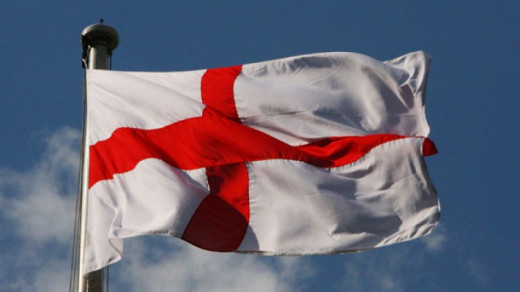
According to Shakespeare Henry V, 'Plantagenet', is supposed to have spoken those words. If he had most of his men wouldn't have understood him. St George had been officially 'adopted' as patron saint of England at the Council of Oxford in AD 1222, his feast day 23rd April, although by and large only the literate or nobility knew who Saint George was. Henry was king and you cheered the king when he'd made a speech (in wartime or at any time), whether you knew what he'd said or not. End of..
For the uninitiated, 'George' was born in Cappadocia, modern day Turkey in the 3rd Century AD to a noble family, Roman citizens by birthright. He refused to attack Christians and was made an example of, i.e., martyred in a nasty manner dreamed up by a Roman emperor.
We have native born martyrs, like Saint Alban (also a Roman citizen but born and raised in Britannia Major) or Saint Oswald, the Northumbrian king killed by pagan King Penda of Mercia in the 7th Century AD. We also had Saint Eadward, the touching of whose tomb was supposed to have cured the faithful. What was wrong with them? Okay, Alban was a Romano-Celt and Eadward was of the Saxon Cerdic line, but they were born here, as was Saint Oswald. He has churches dedicated to him all over the North of England and across in Europe as far as the Alps (St Oswald bei Kleinkircheim in western Carinthia). How didn't he qualify as patron saint? Well the people who decided on George weren't English either, most of them anyway. They were of Norman or Angevin descent, the ruling classes. The ruling classes of today might bring on a rethink? It might confuse radical nationalists for a start. The British National Party who model themselves on the Nazis (Germans) and worship Hitler would be out on a limb.
And what of the dragon? That was a late Mediaeval introduction as well. George was a Roman citizen, fighting Rome's enemies. He converted to Christianity and one day refused to fight fellow Christians. He was 'adopted' by English (the nobles still had Norman blood coursing through their veins, and Richard himself was of Angevin descent - from Anjou 'next door' to Normandy - and hardly set foot in England), only the rank and file spoke Old English, although most by this time were English-born) Crusaders at the time of Richard 'coeur de Lion' or Lion-heart. All very laudable, but as you read in the previous paragraph we have enough heroes of our own without borrowing.
Thanks for your attention. Have a think about it and let me know in the poll about your feelings on your origins or about this question in the comments box below.
© 2015 Alan R Lancaster

